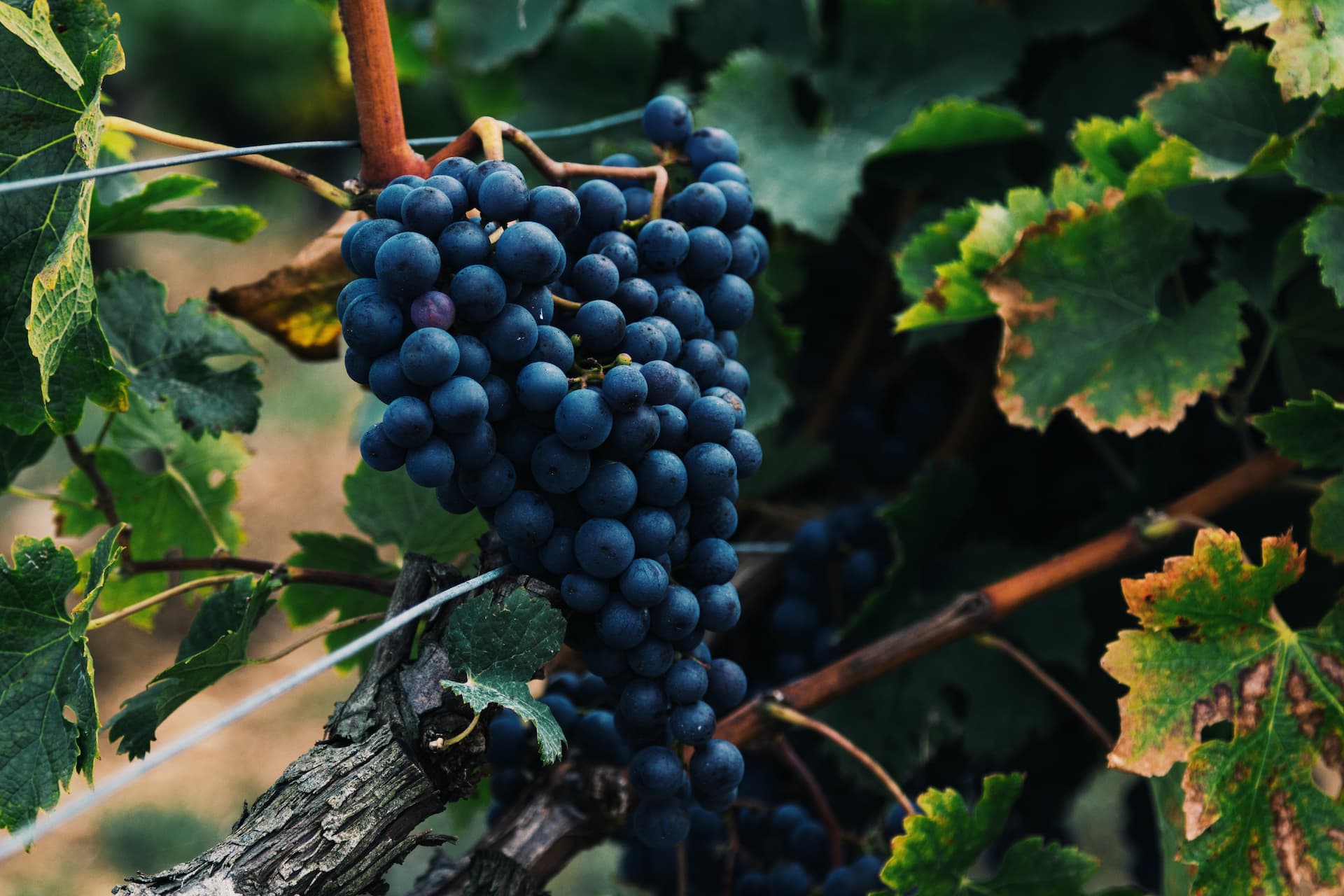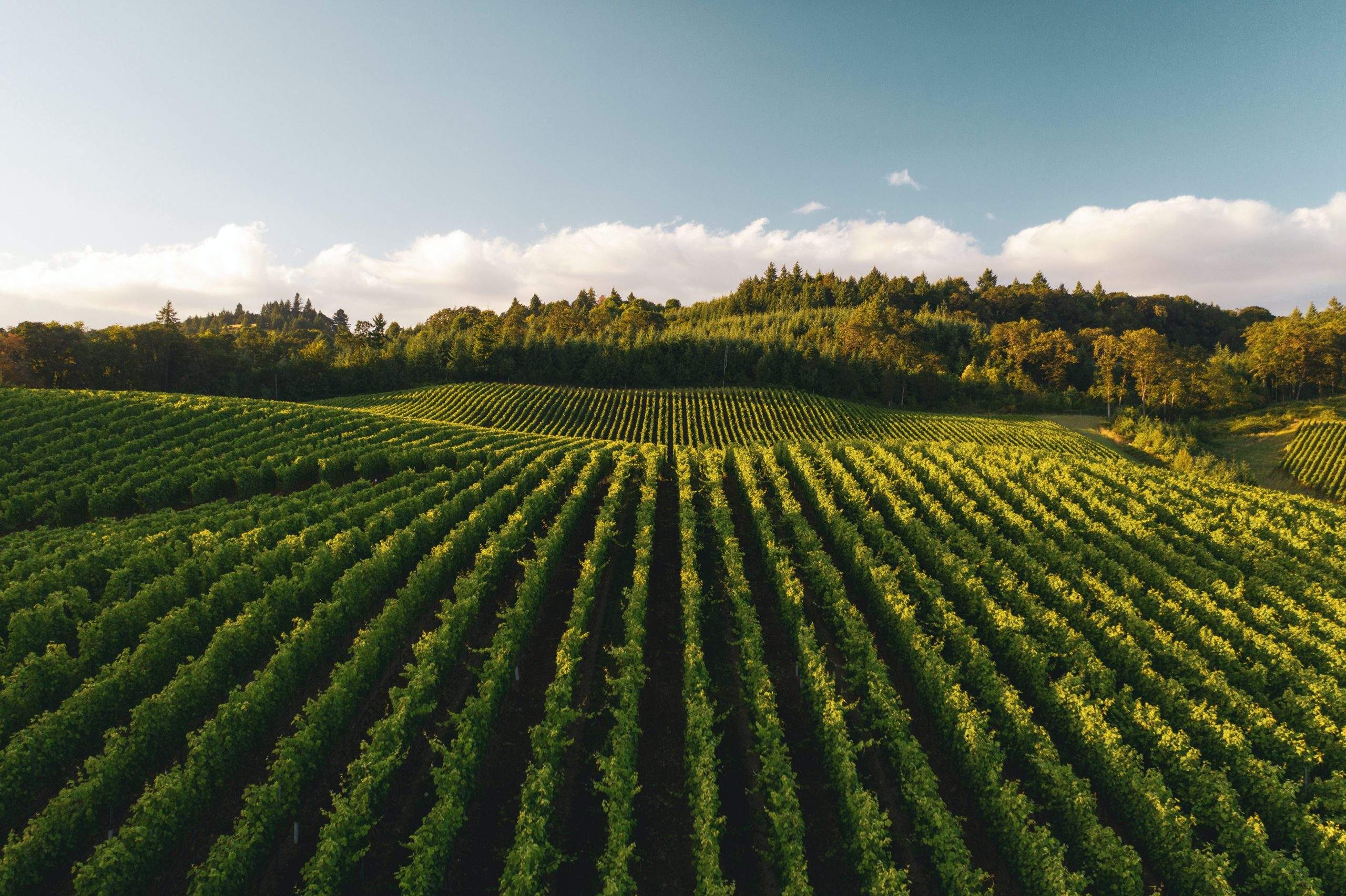Wine Lab Tests
Choose from the following packages and individual tests to provide additional support to your own quality control testing.

Wine Testing Packages
Wish quality control was someone else’s job? Let it be ours! We will design a custom program for you within your budget, send you sample submission reminders, and track all of the data. Take the pressure of doing it all off your plate and let us help with our Personalized Lab Management Program.
Orders can be placed by emailing order@imbibe-solutions.com.
Juice
- Includes: Brix, Density, pH, Titratable Acidity, Malic Acid, and YAN.
- Requires: 50 mL
- $104
End of Fermentation
- Includes: ABV, pH, Titratable Acidity, Glucose + Fructose, Malic Acid, and Volatile Acidity.
- Requires: 100 mL
- $120
Bottling
- Includes: ABV, pH, Titratable Acidity, Glucose + Fructose, Malic Acid, Volatile Acidity, Free SO2, and Total SO2.
- Requires: 100 mL
- $161.60
Add Heat and Cold Stability for $62 (total volume required: 375 mL)
Aging
- Includes: pH, Titratable Acidity, Volatile Acidity, and Free SO2.
- Requires: 50 mL
- $74.70

Individual Wine Tests
Consider joining our Lab Management Program to get personalized, annual test planning, direct access to a TTB Certified Wine Chemist, data tracking, smaller payments spread out over the year, and more!
Orders can be placed by emailing order@imbibe-solutions.com.
ABV/ABW
Alcohol by Volume and/or Alcohol by Weight.
- Requires: 50 mL
- $31
*ABVs requiring distillation (eg. brandy) need 200 mL and will be charged an additional $20
Bentonite Trial
We will set up a trial to estimate the amount of bentonite needed to heat stabilize your wine. We need 500 mL for this test, so make sure to send plenty of sample. Please also send 10 g of the bentonite you will be using (AKA less than 1 handful). We can use ours, but each batch/brand has its own hydration capabilities, so it will benefit you to know how yours will react with your wine.
- Requires: 500 mL + 1 gram of bentonite
- $50
Berry Weight
Curious about your crop estimate? Let’s measure the average berry weight so you know how much juice you may end up with.
- Requires: 100+ berries
- $10
Brettanomyces sp.
Whether or not you like the flavors produced by Brett, it is good to know if it is present – but most definitely if you don’t.
- Requires: 50 mL
- $50
Brix
Used to measure the sugar content in grapes and juice, specifically, the number of grams of sucrose present per 100 grams of liquid. Use these numbers to gauge maturity and potential alcohol.
- Requires: 50 mL
- $21
Celstab Trial
Let’s make sure your addition successfully cold stabilizes the wine with the Laffort recommended rate of 100 mL/hL.
- Requires: 200 mL
- $36
Cold Stability
Pretty self-explanatory: make sure the wine is stable under cold conditions. We don’t need tartrate crystals distracting from your beautiful product!
Celstab and Zenith Uno trials available.
- Requires: 200 mL
- $36
Color
How dark is dark? How light is light? How does this year’s pink compare to last’s? We could get very existential here…
- Requires: 50 mL
- $16
Density
A good wine-to-wine comparison of water, alcohol, and sugar content which all contribute to mouthfeel.
- Requires: 50 mL
- $21
Free SO2
Test ONLY Free Sulfur Dioxide (FSO2). Sometime that is all you want to know.
- Requires: 50 mL
- $26
(Add Molecular SO2 +$5)
Glucose + Fructose
A good representation of residual sugar after production. Just because it doesn’t taste sweet, doesn’t mean there isn’t a significant amount of sugar left!
- Requires: 50 mL
- $31
(request to report Glucose and Fructose separately for +$6)
Heat Stability
a.k.a. Protein Stability. Very important for white and rose wines – especially when they may be improperly stored in the height of summer by consumers.
- Requires: 50 mL
- $26
Lactic Acid
That soft, creamy acid that balances its sour nature so well. How much did you get after malolactic fermentation?
- Requires: 50 mL
- $31
Malic Acid
Does your wine meet the Goldilocks point for malic acid concentration? Too much, and the wine tastes green and/or sour. Too little, and the wine tastes flat. Or maybe you’d rather convert it to lactic acid, but is the secondary fermentation complete? Let’s find out!
- Requires: 50 mL
- $31
Microbial Contamination
Was your sterile filtering successful? Plating is used to identify the presence of any yeast, bacteria, or mold that shouldn’t be there.
- Requires: 375 mL
- $50
pH
You can’t argue with FREE!! Make sure the pH is where it should be for microbial, color, and cold stability. Know how your sulfur dioxide addition will react. Or just check the stability of your own pH probe and make sure it hasn’t drifted!
- Requires: 50 mL (may be combined with 50ml for another test)
- FREE
Potassium
High potassium levels can cause high pHs – which lead to microbial instability, lower SO2 efficacy, negative color impacts, a high potential for premature oxidation, and ruduced protein solubility.
- Requires: 50 mL
- $36
*Juice and wine samples only.
Sucrose
When measuring the sugar content, it is important to account for any added sugar. This test is an add-on with Glucose/Fructose (both tests results will be reported)
- Requires: 50 mL
- $62 (Glucose + Fructose also reported)
Tartaric Acid
This acid plays a prominent role in the taste and mouthfeel of wine as well as its chemical and color stability.
- Requires: 50 mL
- $31
Titratable Acidity
Some sourness can complement a wine nicely, but how much is actually perceived in a given sample?
- Requires: 50 mL
- $26
Total SO2
Test ONLY Total Sulfur Dioxide (TSO2). Sometimes that is all you need.
- Requires: 50 mL
- $26
Turbidity
A measurement of micro particulate, it can be useful to know a wine’s turbidity level to estimate filterability.
- Requires: 50 mL
- $16
Volatile Acid
Measuring VA regularly allows you monitor the activity of acetic acid producing bacteria. If you catch the VA spiking before it becomes perceptible, you may be able to stop it and save the wine from requisite blending or VA removal. It is recommended to test VA after primary fermentation, after malolactic fermentation, throughout aging, when a film is found, and before bottling. Reported as Acetic Acid.
- Requires: 50 mL
- $31
Wild Yeast
Wild yeast, whether Saccharomyces related or not, usually don’t mean good things for your wine. Let’s make sure you are in the clear.
- Requires: 375 mL
- $50
YAN
Yeast Assimable Nitrogen is a measure of ammonia and primary amino nitrogens, vital nutrients for yeast growth. Measure YAN in juice or before traditional method sparkling to determine the amount of additional nutrients required before and during fermentation.
- Requires: 50 mL
- $36
Zenith Uno Trial
Let’s make sure your addition successfully cold stabilizes the wine with the Enartis recommended rate of 100 mL/hL.
- Requires: 200 mL
- $36
Wine Testing Rate Sheet
See our Terms of Use
